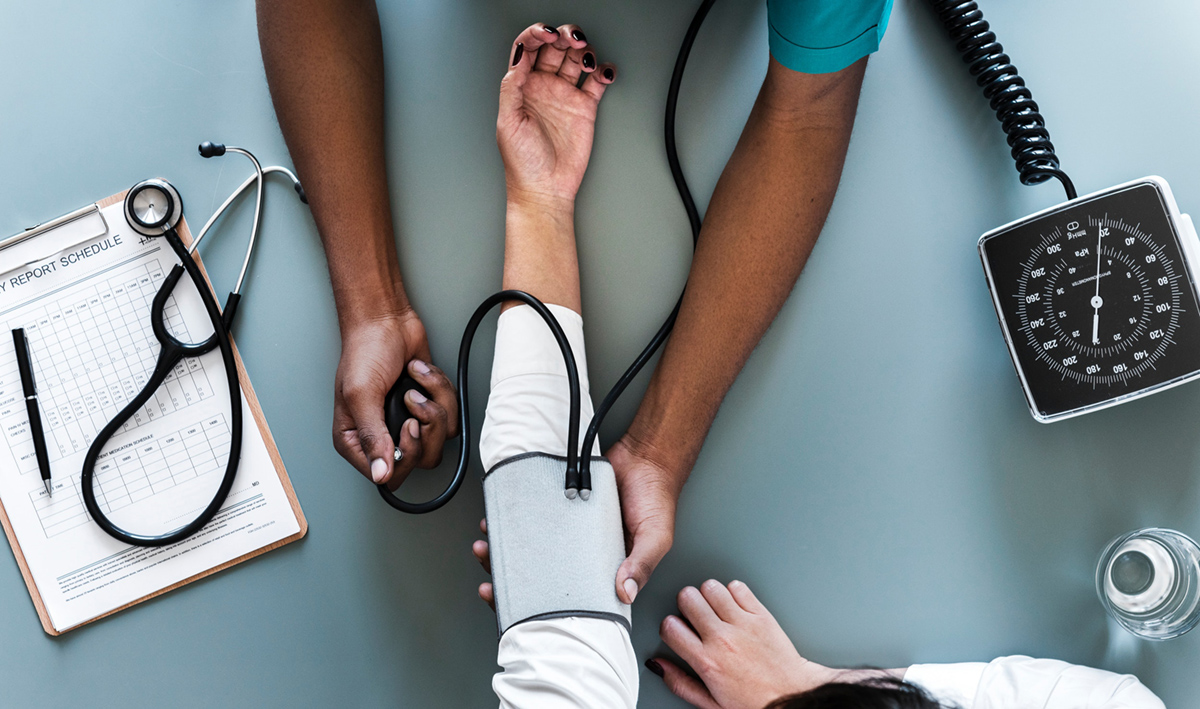
Hypertensive crisis may be defined as medical condition in which a person's blood pressure shoots up to more than 180/110 mm of Hg. In extreme cases the pressure may even go above 220/140mm of Hg. The huge increase in blood pressure carries significant risk of multiple organ damage and / or failure. This is an emergency condition and requires prompt therapy and reduction of elevated blood pressure with suitable antihypertensive agents.
In the United States hypertensive crises affects approximately half a million of people.
Causes of Hypertensive Crisis
There is a variety of factors which contribute to hypertensive crisis. Abrupt discontinuation of antihypertensive agents in patients suffering from chronic high blood pressure and labile hypertension is only one of them. Furthermore, it affects people suffering from many illnesses such as kidney diseases (primary glomerulonephritis, chronic pyelonephritis etc.), endocrine disorders (pheochromocytoma, Cushing's syndrome etc.) and systemic diseases (systemic lupus erythematosus, systemic sclerosis etc.).
Apart from the previously mentioned hypertension crisis may be related to consumption of certain drugs such as cocaine and amphetamines. It is a side effect of certain medications and may even occur as a consequence of drug interactions.
Postoperative hypertension in some patients may develop in a form of hypertensive crisis and finally, it is a characteristic symptom of eclampsia.
Symptoms of Hypertensive Crisis
Symptoms and signs of hypertensive crisis include elevated blood pressure (which is measured and confirmed), severe throbbing headache, severe anxiety and shortness of breath. In case the blood pressure is way too high and leads to organ damage the patients may develop pulmonary edema, brain swelling or bleeding, aortic dissection, heart attack, stroke and high blood pressure seizures (in case of eclampsia).
Treatment for Hypertensive Crisis
The treatment must be urgent and proper. The person is admitted in the hospital and administered parenteral therapy. Some patients require further neurological or cardiac tests if there are symptoms and signs of damage to these organs.
Elevated blood pressure must not be reduced abruptly. The reduction must be smooth and initially it should account for maximum 25% of the current value of the blood pressure. This reduction is desirable during first several minutes of the attack. After that the goal of the treatment is reduction to a level of 160/100mm of Hg and this is supposed to be achieved within the following 2 - 6 hours. The reason why the pressure must not be reduced abruptly and there must not be excessive reduction of blood pressure is because these actions may only cause coronary, cerebral or renal ischemia.

















Your thoughts on this
Loading...